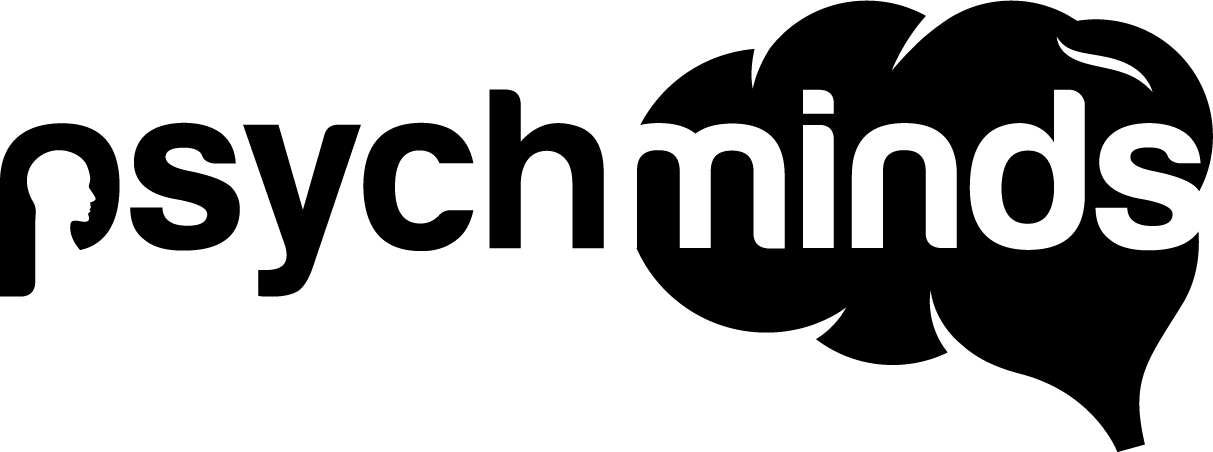James Pennebaker, an American social psychologist and professor of Psychology at the University of Texas, was a pioneer in the field of expressive writing and its therapeutic benefits. Expressive writing involves writing about events in one’s life as well as processing the written words. Pennebaker was one of the first to draw attention to the fact that expressive writing can improve one’s physical and emotional health. Although we believe it is common knowledge that bottling up one’s feelings can lead to stress, Pennebaker provided evidence that this was the case. He has had an impact on social, clinical and health psychology as well as in computer science and linguistics.
Pennebaker’s hypothesis was that through putting emotions into words, we could relieve ourselves of some of the stress these emotions bring. He conducted numerous experiments throughout his life to test this hypothesis. In one of his first experiments, he had participants write for fifteen minutes for four days. The participants in the experimental condition were told to write about traumatic experiences they had faced in their lives and had not shared or talked through with anyone. They were told to explore their deepest emotions and thoughts. The participants in the control condition were told to write about superficial concepts such as describing the room they were in, the shoes they were wearing or simply a tree. The results were impressive. It was found that participants in the experimental condition made half the number of visits to the doctor than did those in the control condition.
Annette Stanton, Professor of Psychology and Psychiatry at UCLA, was interested in these findings and was spurred on to do research of her own. She randomly assigned women with breast cancer who had just undergone treatment to either write about thoughts and feeling about their cancer (expressive writing) or to write about objective facts of breast cancer (non-expressive writing). Three months later, it was found that women in the expressive writing condition had fewer physical symptoms and made fewer medical appointments related to their cancer compared to their control counterparts. The cancer progression was similar between the groups of women but expressive writing seemed to have alleviated many of the painful symptoms of the cancer.
According to Pennebaker, these remarkable findings could be due to the fact that labeling feelings, emotions, and the experiences we have can make us feel better. Once we put down our emotions into words, we can better understand them and think through them logically. He also said that putting ideas into a coherent story is crucial. It makes our complex thoughts and feelings simpler to understand. The process of translating experiences into words is beneficial for our mental and physical health.
There are some limitations, however, in his research. The results he obtained were not always consistent. He found that this was partly due to the way in which people write. Once participants began writing in the story format Pennebaker favoured, they tended to display less physical/painful symptoms. However, people who already wrote in this specific, logical, organized format did not benefit greatly from the writing exercises. It was only those who started off with more chaotic writing styles that improved. Pennebaker believed that changes in language reflected changes in thinking. Therefore, if individuals were taught to write a more coherent story, they would also think in a more rational manner.
Pennebaker was also quick to note that people are connecting differently now than they did many years ago, back in the 1980’s when he conducted his first experiments. We are constantly updating Facebook statuses, Tweeting, and expressing our opinions and ideas on blogs. According to the research on expressive writing, these activities can be conducive to our mental health if we are exploring feelings or emotions in depth. Social media sites, however, tend to focus on more superficial aspects of life. Maintaining a blog or journal, however, can prove to be highly beneficial and healing. Expressive writing is a tool that has been commonly used in therapeutic settings to help those dealing with emotional trauma.
Overall, Pennebaker’s experiments have had tremendous impact and inspired many researchers to experiment in this area. It has been found that expressive writing can improve your chances of finding a job after being made redundant, improve GPA, increase working memory, strengthen relationships, help people become more socially active and help heal wounds faster. Expressive writing can be done at any time, in any place. More than that, it is completely free. Although it may seem like such a simple strategy, one should not underestimate the remarkable healing powers expressive writing can have on one’s mental, emotional and physical well-being.
References
Hammond, C. (Writer). (April 12, 2013). James Pennebaker and Expressive Writing [Radio series episode]. In Burgess, M. (Producer), Mind Changers. UK: BBC Radio 4.














